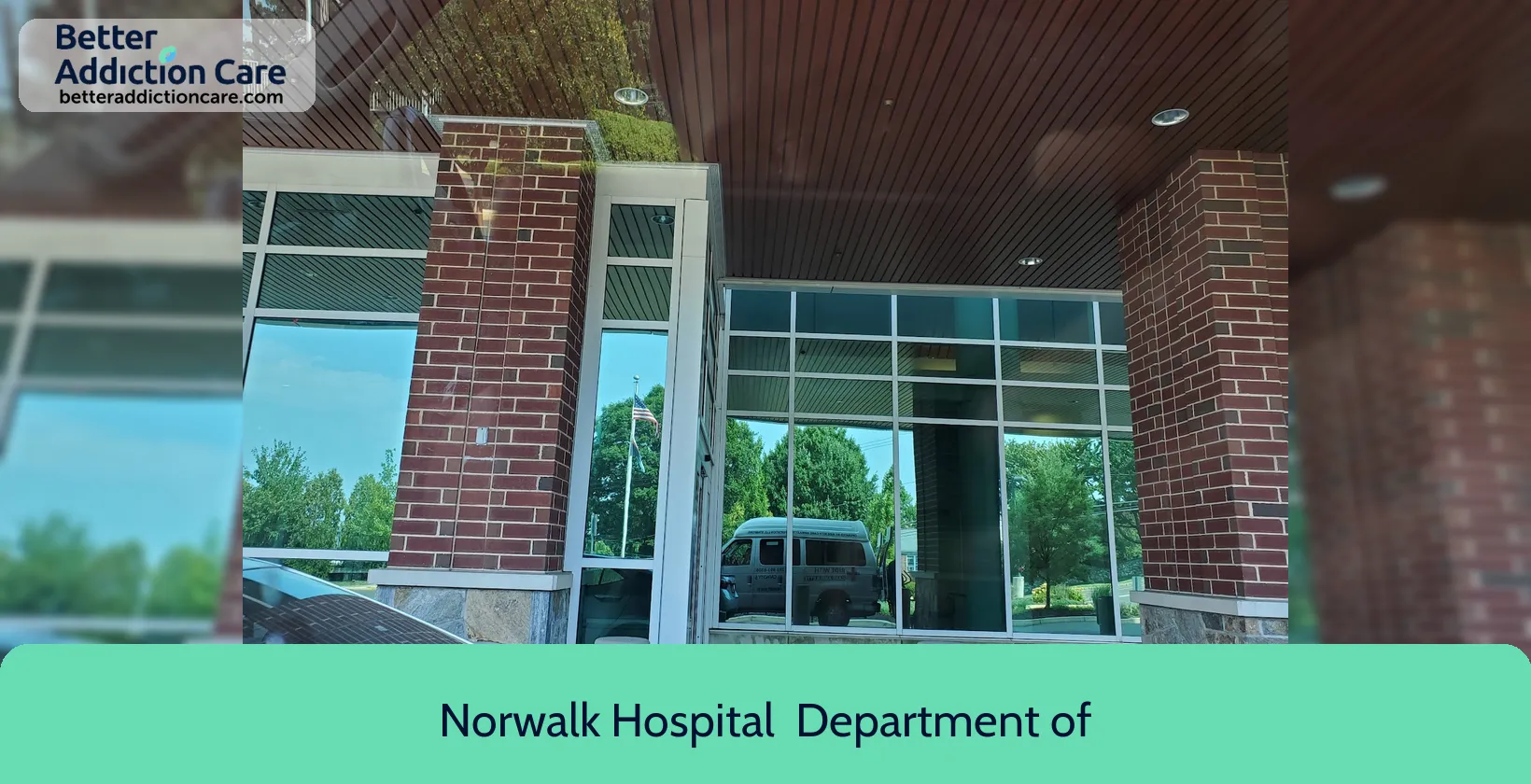Saint Vincent's Medical Center - Outpatient Behavioral Health

Overview
Saint Vincent's Medical Center - Outpatient Behavioral Health is a substance abuse treatment center for people seeking treatment near Fairfield County. As part of their treatment modalities for recovery, Saint Vincent's Medical Center - Outpatient Behavioral Health provides group counseling, cognitive behavioral therapy, and telemedicine/telehealth therapy during treatment. Saint Vincent's Medical Center - Outpatient Behavioral Health is located in Norwalk, Connecticut, accepting cash or self-payment for treatment.
Saint Vincent's Medical Center - Outpatient Behavioral Health at a Glance
Payment Options
- Cash or self-payment
- Medicaid
- Medicare
- Private health insurance
- Federal military insurance (e.g., TRICARE)
Assessments
- Comprehensive mental health assessment
- Comprehensive substance use assessment
Age Groups
- Children/adolescents
- Young adults
- Adults
- Seniors
Operation
- Private for-profit organization
Highlights About Saint Vincent's Medical Center - Outpatient Behavioral Health
6.56/10
With an overall rating of 6.56/10, this facility has following balanced range of services. Alcohol Rehabilitation: 8.00/10, Drug Rehab and Detox: 6.00/10, Insurance and Payments: 6.00/10, Treatment Options: 6.24/10.-
Alcohol Rehabilitation 8.00
-
Treatment Options 6.24
-
Drug Rehab and Detox 6.00
-
Insurance and Payments 6.00
Treatment At Saint Vincent's Medical Center - Outpatient Behavioral Health
Treatment Conditions
- Alcoholism
- Mental health treatment
- Substance use treatment
- Co-occurring Disorders
Care Levels
- Outpatient
Treatment Modalities
- Group counseling
- Cognitive behavioral therapy
- Telemedicine/telehealth therapy
Ancillary Services
Languages
- Sign language services for the deaf and hard of hearing
Special Programs
- Clients with co-occurring mental and substance use disorders
- Children/adolescents with serious emotional disturbance (SED)
- Persons 18 and older with serious mental illness (SMI)
Get Help Now
Common Questions About Saint Vincent's Medical Center - Outpatient Behavioral Health
Contact Information
Other Facilities in Norwalk

6.56

6.56

6.56

6.62
Browse rehab centers near Norwalk and in other cities across Connecticut
DISCLAIMER: The facility name, logo and brand are the property and registered trademarks of Norwalk Hospital - Department of Psychiatry, and are being used for identification and informational purposes only. Use of these names, logos and brands shall not imply endorsement. BetterAddictionCare.com is not affiliated with or sponsored by Norwalk Hospital - Department of Psychiatry.
